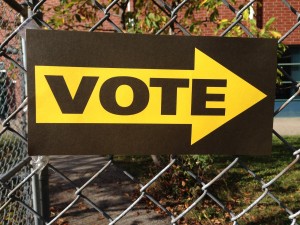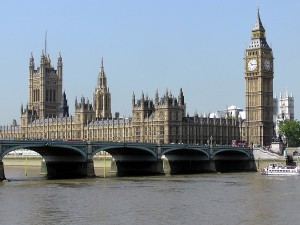‘Plague’ On sale now £9.99
Tags
Follow J.J.Anderson on Facebook
Follow J.J.Anderson on Pinterest
Archives
-
Recent Posts
Categories
http://www.thestorybazaar.com/rss.xml
Social
-
Privacy & Cookies: This site uses cookies. By continuing to use this website, you agree to their use.
To find out more, including how to control cookies, see here: Cookie Policy
A feast for the imagination


 RSS – Posts
RSS – Posts
Stalemate
The PP ( old right ) received 33% of the vote, PSOE ( old, social democratic left ) 23%, Unidos Podemos ( new anti-austerity left ) 21%, Cuidadanos ( new anti-corruption right ) 13% and other parties, including the seperatists, 10%. The PP gained votes and seats ( it has 137 ) which, Mariano Rajoy, the former PP Prime Minister, claims gives him the right to form a government. PSOE lost votes and seats – they are down to an historic, all time low of 85 seats but this is still 14 more than Unidos Podemos which also lost votes, but retained 71 seats. Cuidadanos lost both votes and seats and now have 32. Any grouping or ruling party needs 176 to have a majority.
grouping or ruling party needs 176 to have a majority.
So PP are stronger but they cannot rule alone and another round of brokering and alliance-forming begins. Already a PP PSOE pact has been mooted and rejected by PSOE, although the PSOE leadership is split. Some would, reluctantly, support PP, for concessions and the jettisoning of Rajoy, others won’t countenance this. Cuidadanos have also rejected the idea of a ‘grand coalition’.
So why didn’t the Podemos surge happen? Opinion polls predicted it and Pablo Iglesias was commonly understood to have won the leader’s debates. But there was a significantly lower turnout, by 1.2 million, and particularly in those areas where the new party had been very strong in December’s poll. Support for Cuidadanos, the other new party, fell across every province, at the same time as it rose for the PP.
the leader’s debates. But there was a significantly lower turnout, by 1.2 million, and particularly in those areas where the new party had been very strong in December’s poll. Support for Cuidadanos, the other new party, fell across every province, at the same time as it rose for the PP.
So it seems that PP held its own vote ( despite multiple corruption scandals ) and took some back from Cuidadanos. PSOE lost votes but not as badly as had been anticipated. And Unidos Podemos stayed as it was, despite making alliance with the old Communist parties of the far left. An aside at this point, to mention the idiosyncratic ‘Ikea catelogue’ type manifesto produced by Unidos Podemos ( see left ). Very different from any published political manifesto I have ever seen before. Politics as shopping, anyone?
mention the idiosyncratic ‘Ikea catelogue’ type manifesto produced by Unidos Podemos ( see left ). Very different from any published political manifesto I have ever seen before. Politics as shopping, anyone?
What happens now? Well, rewind six months. The parties have a month until the first meeting of the new Parliament, for ratification of a proposed government. If a proposal isn’t forthcoming, or the house fails to ratify its leader, we go round the circo again. It was fairly obvious to this particular outsider that the Spanish wanted their politicians to compromise the first time round, that’s what’s been happening at other levels of government. Maybe the politicians have got the message this time.
And in England? Already MPs are saying that the Referendum result was only advisory, though it’ll be a brave MP who will stand up and vote against the law necessary to get the UK out of the EU. However, there are already calls, reported in Monday’s newspapers, for a second referendum, this time on membership of the European Economic Zone. In other words ‘You can’t really be serious about leaving the economic club, even if you don’t want the full package? Surely?’. You read it here first ( see Democracy )
the law necessary to get the UK out of the EU. However, there are already calls, reported in Monday’s newspapers, for a second referendum, this time on membership of the European Economic Zone. In other words ‘You can’t really be serious about leaving the economic club, even if you don’t want the full package? Surely?’. You read it here first ( see Democracy )
Given that the prime focus during the last days of the Brexit campaign was on immigration, I wonder what those Leave voters will think if, in any such new referendum, it is explained to them, by the Brexit crowd who trumpeted the need for ‘taking back control of our borders’, that actually, trade means migration, No free movement of people, no trade. Oops.
As an English friend living in Spain said to me – you couldn’t make it up.
If you enjoyed reading this article you might also enjoy Who rules Spain…erm? Around and around The weekend after Democracy III
Share this:
Posted on 29th June 2016 by juliej Leave a comment
This entry was posted in Political comment and tagged Political comment. Bookmark the permalink.